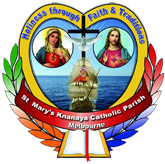
Ethnic Groups, Cultural Features etc.
The Southists have a culture that is threefold in its sources: Jewish, Syro-Oriental and Indian. This phenomenon was preserved down the centuries thereby maintaining the cultural identity of the Knanites (both catholic and non catholic) as distinct from the non-Knanite Christians. The Knanites have special customs in connection with the wedding, death-bed blessing, burial and folklore ,etc.
Wedding customs
Wedding customs include Kaipidutham or Clasping of hands by the parental relatives of both groom and bride showing the agreement for marriage, beautification of the bride by smearing of henna (a special yellow ointment called mylanchi) in her palms and feet, ChanthamCharthal which means the beautification of the groom by a ceremonial shaving by the barber, importance given to people of other communities like panan who sings the story of KnayiThoma, goldsmith who makes and presents the golden thali (a gold medal in the form of a baniyan leaf on which a cross is embossed with 21 minute buds) to the sister of the bridegroom on the eve of the marriage, etc. Ichappad or offering sweet pudding to the boy in the pandal by the elders, venpachor, white rice cooked in coconut milk at the wedding banquet, which is a reminder of the dietary habit of the Mesopotamian ancestors, using of a thread made up of seven yarns taken from the bridal veil, for the tying of thali, Nadavili or shouting nata, nata at the wedding procession.
Reception given to the bride and groom with koluvilakku, a special lamp for that purpose by the mother of the groom and making sign of the cross on their foreheads with blessed palm leaf piece of Palm Sunday dipped in a bowl with grains of paddy and water, seating the couple on an elevated seat (Manarkolam) under a canopy, just like the Jewish huppa spreading on it a white linen and woolen sheet (VellayumKarimpadavum) which is a privilege of royalty, offering milk and fruit (PalumPazhavum) to both the couple who drink it from one and the same cup as a symbol of unity, the mother of the groom blessing the couple in a special way placing her hands crosswise over their heads (Vazhupidutham), similar to the gesture of the celebrant at the offertory prayer in the Syro-Malabar Liturgy. The resemblance in wording, content and style of the wedding songs of the Knanaya Christians to those of the Cochin Jews is strking. Two songs, VazhvennaVazhu and Ponnanintheedum, in the two versions are quite similar though in both there are minor variations. Instead of the Jewish crown the Knanites place Venthanmudy (Royal crown) on the heads of the couple.
This indicates a close affinity between Knanaya and Jewish traditions. Most interesting and attractive factor in all these ceremonies is that all of them have special songs to be sung by men or women at appropriate time. Another most important note is that the women are given eminent roles in these ceremonies. Moreover, those who have the main role in the ceremonies have to ask thrice permission from the assembled before they start the ceremony.
Blessing at the death-bed
The Knanite father at his death bed gives a traditional blessing to the children by placing his hand on the head of each one of them while reciting an invocation which he is supposed to know by-heart.
- The Blessing, which God gave to Abraham
- The Blessing, which Abraham gave to Isaac
- The Blessing, which Isaac gave to Jacob
- The Blessing, which Jacob gave to my forefathers
- The Blessing, which my forefathers gave to my father
- The Blessing, which my father gave me
- The same blessing, dear son/daughter, I give to you
- This type of blessing is typical of Old Testament and Jewish blessing formulas
Folklore
The history and tradition of Southists have been transmitted to the generations mainly through folklore. It includes mainly the songs in connection with the marriage ceremonies, and the Margamkali, which is a male dance preserved by Knanites. This male dance describes the story of the life and activity of the apostle St. Thomas in India. Due to the recognition given to it by the state government as an ancient art form, it has got wide spread recognition in Kerala. All the above rituals and ceremonies make the Knanites aware of their past and of their identity as a distinct ethnic community.

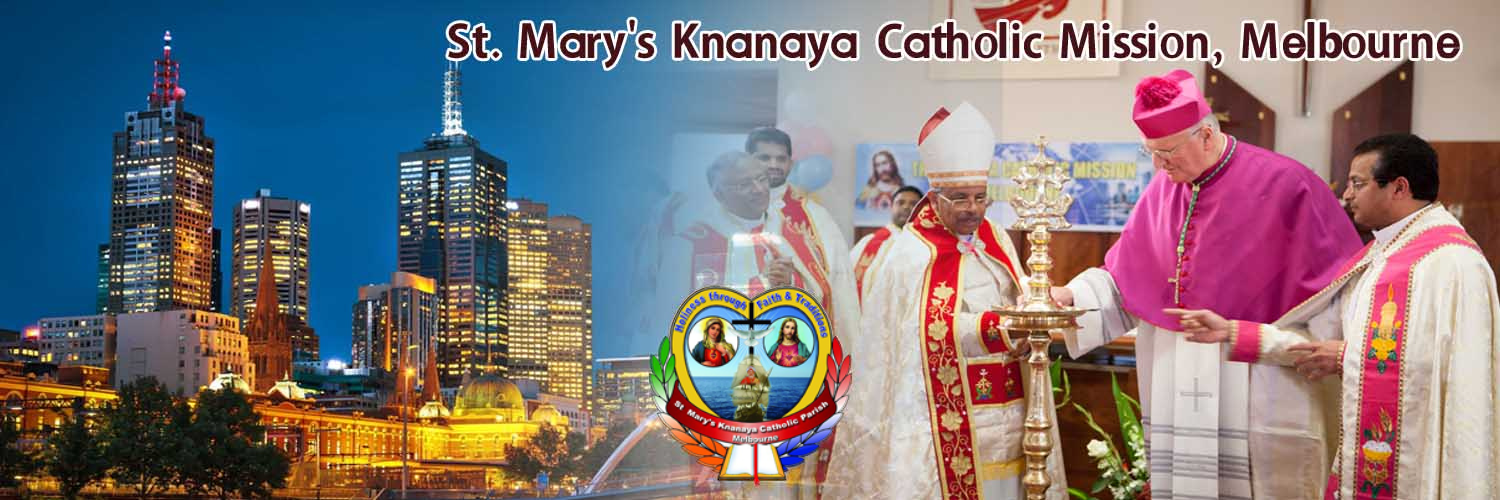

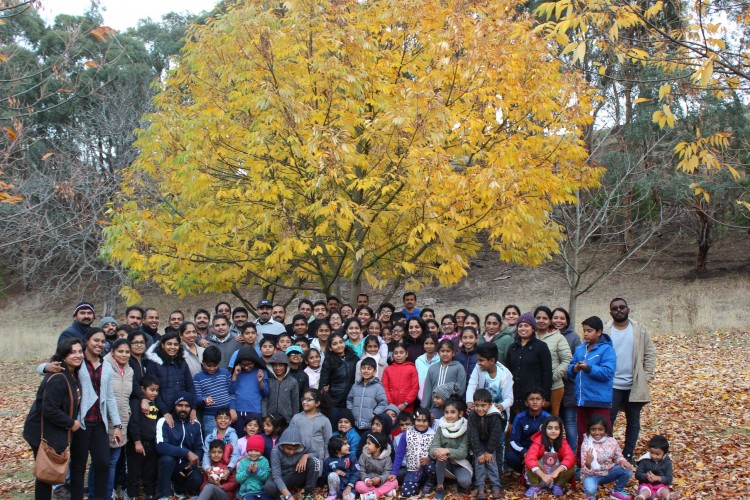 Catechism Picinic 2019
Catechism Picinic 2019
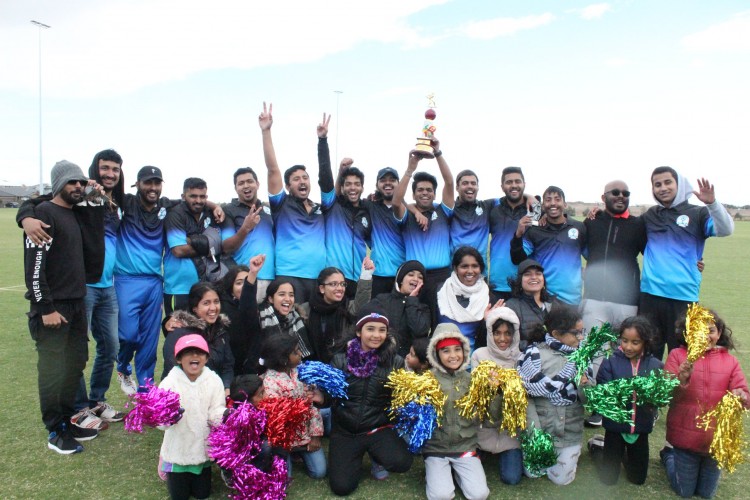 KCYL Cricket Tournament 2019
KCYL Cricket Tournament 2019
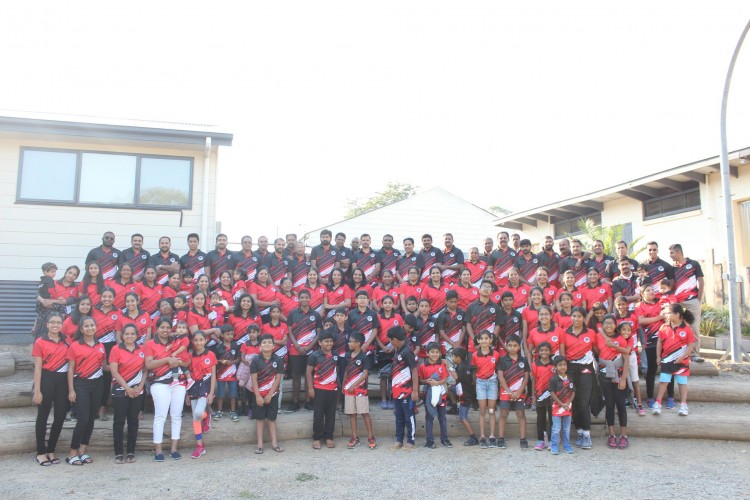 MKCC Camp 2019
MKCC Camp 2019
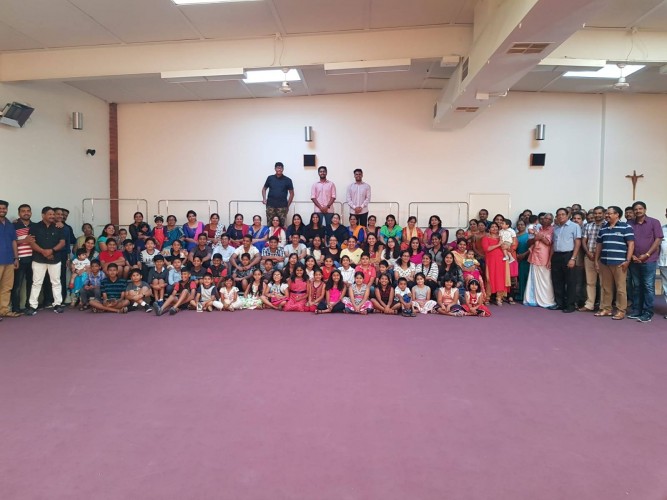 Catechism restarting 2019 and Prize winners 2018
Catechism restarting 2019 and Prize winners 2018
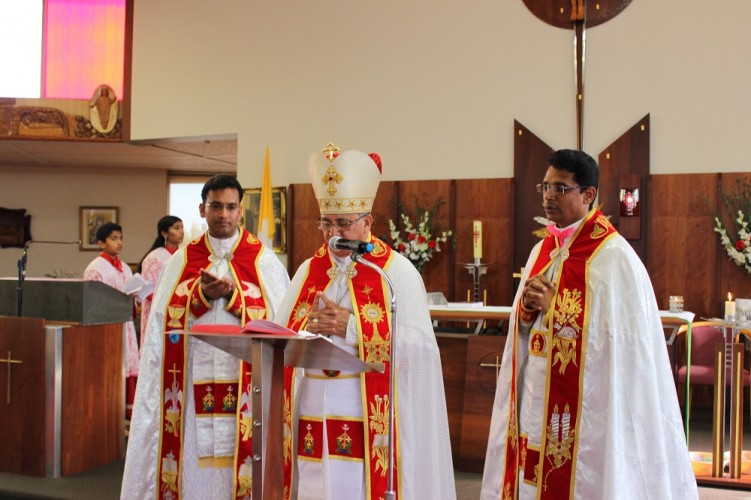 House Blessing Fr. Prince
House Blessing Fr. Prince
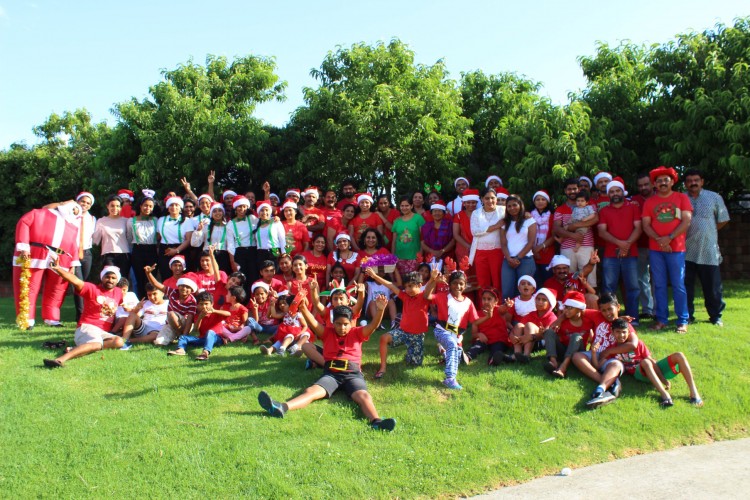 Carol 2018
Carol 2018
